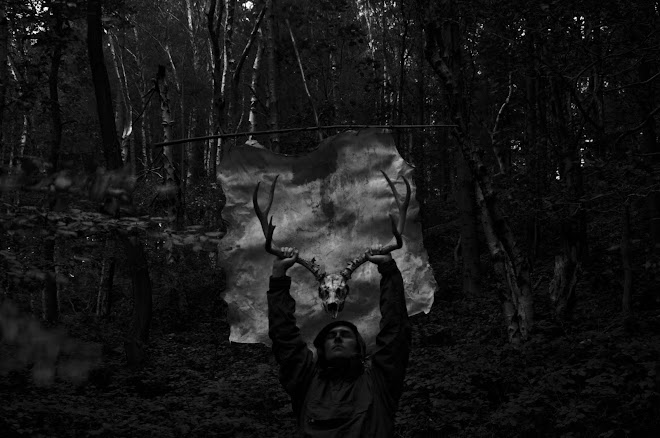skip to main |
skip to sidebar
4: Wings In The Night

Howard had no difficulty creating new characters to populate his fantastic imagined worlds, that many of them are the same character in a different loin-cloth is something that the seasoned Howardian comes to accept and, perhaps, enjoy but with Solomon Kane REH found a vein of something deeper and more weighty with which to work. Kane may share some of Howards other characters propensity for violence but he is a much more complex human being that Conan or even Kull ever apear to be. As a dark, dour Puritan wandering the known and semi-known byways of late 16th century Europe and Africa Kane is driven by a seemingly philanthropic desire to combat evil and help the helpless. Kane is the sword arm of God and seems to know the burden that this role brings.
Howard set several of the Kane stories in sub-Saharan Africa, then just being penetrated by European merchants and slavers. This exotic setting allows Howard a fine broad stage to play his characters – dense steaming jungles, rumours of ancient Atlantean sorceries and wicked, forgotten cities that were old before the stones of Rome were laid. Wings In The Night sees Kane travelling through this wilderness of equatoria, discovering a deserted village that appears to have been attacked from above and setting out with all his grim purpose to rid the world of the blasphemy that ruin it, a blasphemy of winged bestial terrors that will be familiar to those who know their Howard.
Kane may appear to be more philanthropic than Conan, who’s constant wenching and reiving are done for simple personal pleasure but in the silent, violent Puritan the modern reader can readily detect a vehicle for Howard’s views on race and civilisation, views that have been split and examined with the diamond cutter zeal only found with internet nerd of fantasy fandom. Howard’s views, wether his own or those placed in the mouth of his characters, will not sit easy with many modern readers and whilst they may be distasteful and ignorant they are not nearly as unpalatable as those of his apologists or detractors who seek to either exhonerate or condemn a man who died in 1936 using the moral standards of today. That said Wings In The Night contains a paragraph that is the purest Howard, and one that is most often cited for his prosecution.
Kane stood, an unconscious statue of triumph - the ancient empires fall, the dark-skinned peoples fade and even the demons of antiquity gasp their last, but over all stands the Aryan barbarian, white-skinned, cold-eyed, dominant, the supreme fighting man of the earth, whether he be clad in wolf-hide and horned helmet, or boots and doublet - whether he bear in his hand battle-ax or rapier - whether he be called Dorian, Saxon or Englishman - whether his name is Jason, Hengist or Solomon Kane.
For Howard violence spoke louder than words, and although popular culture may know his Barbarians better than his Puritans the Solomon Kane stories are at the very heart of understanding this complex writer.



No comments:
Post a Comment